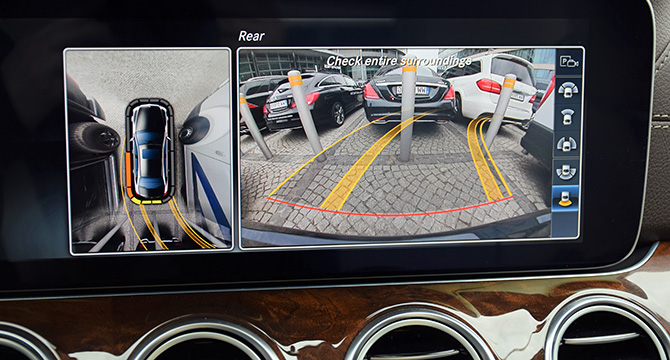
In a recent article published by Bloomberg, we are once again reminded of the litigious nature of some of Silicon Valley’s biggest players. Recent patent and trade secret lawsuits have garnered a lot of media attention, bringing IP enforcement front and center as companies try to leverage their rights and corner segments of the market. Meanwhile, as reported in this space, traditional players in the automotive industry have generally “played nice,” often settling their squabbles out of court.
However, as vehicles incorporate software and sensors pioneered by Silicon Valley, the auto industry is taking stock of the IP landscape and evaluating whether its various members can find a way to share their patents without opening themselves up to the same escalation of litigation experienced on the West Coast. The auto industry certainly appreciates the strategic value of patents, as OEMs and suppliers have been far outpacing technology companies in patenting autonomous technology over the last few years.
A variety of approaches have been taken by auto companies. Tesla is most well known for leading the charge by making its patent portfolio open source. General Motors’ acquisition of Cruise Automation (or Cruise’s acquisition of Strobe for its LIDAR technology) and Ford’s acquisition of Argo AI may have been driven by the underlying desire to fast track the companies’ autonomous capabilities, but nonetheless came with their own independently-developed underlying IP, providing at least some narrow sense of protection. However, each of these approaches demonstrates a polar extreme of IP protection. Ultimately, companies generally want at least some level of protection (not afforded with open source) and cannot always acquire their way out of IP disputes.
As a middle ground, most of the automakers have joined the LOT Network, which directs its members to develop license agreements that prevent assertion of the licensed patents by Patent Assertion Entities against any other LOT members. Similarly, a large complement of automakers and suppliers have also joined Unified Patents, which provides a mutual defense by challenging the validity of patents asserted against its members. Whereas a non-practicing entity may traditionally seek small quick settlements from many companies, when the targets all group together in one of these membership organizations, the leverage shifts as all of the companies share the same burden that each use to handle individually. These organizations have shown a strong propensity to align their members and reduce litigation. However, it remains to be seen if the good will developed from sharing in the attacks from non-practicing entities will hold up when a major patent challenge arises between two members of these organizations.